This post was updated April 23 at 9:58 p.m.
The UCLA Blood & Platelet Center celebrated its 15th anniversary with a fitting tribute – a daylong blood drive.
New and returning donors visited the center April 16 to donate blood or platelets and celebrate the center’s accomplishments. Some community members donated as part of Sigma Pi fraternity’s ninth annual memorial blood drive in honor of alumnus Garni Arakelian, who died in 2013 after three years with Ewing’s sarcoma, a rare form of bone cancer.
Since its inception, the donation center on the A-Level of Ackerman Union has welcomed more than 18,000 unique donors and has obtained a total of 50,395 successful collections as of April 12, said Dr. Dawn Ward, medical director of the Blood & Platelet Center.
Ward oversees the Ackerman center in addition to UCLA Health’s original donation location on Gayley Avenue and the on-campus blood processing laboratory, where blood collected from donors is processed and separated into components such as platelets and plasma. All blood products collected at the Ackerman and Gayley centers are given directly to UCLA Health centers and their patients, Ward said.
Knowing that donations go back to hospitals that treat the Bruin community makes the donation more impactful, said Kelly Goodman, the campus outreach manager for ASUCLA.
Goodman, a regular donor, said she was recently a recipient of blood at UCLA, adding that she probably would not have survived without the transfusions she received during her stay at the hospital.
“It’s not like you’re giving an anonymous pint of blood,” Goodman said. “You’re giving it to your colleagues, you’re giving it to students, you’re giving it to faculty.”
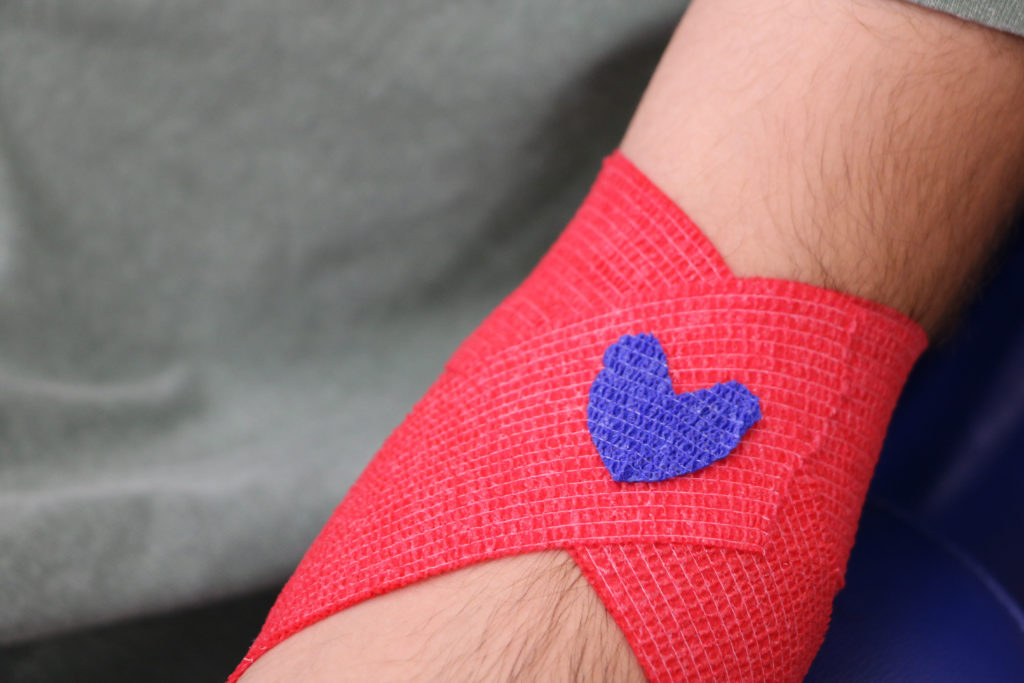
Ward said the effort to encourage Bruins to donate directly began 15 years ago when there was an opportunity to acquire a space for campus employees and students to be able to donate easily.
The center’s on-campus location – one of the few blood donation centers in the country on a college campus – allows students to have a convenient method of giving back to their community, said Lauren Heiberg, a fourth-year history student and co-president of the Bruin Blood Initiative. The club works to highlight the importance of donating blood and helps students do so in partnership with the Blood & Platelet Center.
“A big part of what we do is letting people know this Blood & Platelet Center is right on your path to class,” Heiberg said. “It’s super easy to donate at. You can just stop by while you’re on campus.”
BBI also runs the Lifesaver Club, which allows UCLA organizations to host blood drives and encourage their members to donate while also getting rewards to support their clubs, she added.
Heiberg said she increased her involvement in BBI over the past four years, in particular, because she wishes to still make an impact by encouraging other students to make a donation when there are times she cannot do so herself.
Blood shortages during the COVID-19 pandemic – which reached the point of patients not always getting the blood they needed – demonstrated the true importance of blood donation, Heiberg said.
“Although we think it’s something that’s guaranteed, blood really isn’t,” she added. “I want blood to be available if my friends need it, if my family needs it or if I need it.”
[Related: UCLA medical centers seek blood donors for liver transplant patients amid shortage]
Ward said the center works closely with many divisions of UCLA Health, including hematology and oncology, organ transplant, trauma, and obstetrics and gynecology services. She added that while patients in emergencies and surgeries require transfusions, other patients staying at the hospital may need longer-term transfusion treatment.
Having donors from diverse ethnic and racial backgrounds is also important to safely support a diverse group of patients, Ward said.
“When you look specifically at the red (blood) cells, certain ethnicity groups have certain markers, or antigens, on their red cells that other ethnicity groups may lack,” Ward said.
Providing a compatible unit of blood decreases the number of transfusion reactions that would occur and decreases the degree of immune response, which is helpful if the patient needs future transfusions, she said.
[Related: Shortage of blood donors continues to affect patients with sickle cell disease]
Ward said some Ackerman center staff have been there since its opening, representing the long-term relationships the staff has been able to make with students as they spend time donating. She added that some undergraduate students have gone on to graduate school and employment at UCLA and maintained their commitment to regularly donating.
Goodman said she hopes more Bruins continue visiting and routinely donating at the blood center.
“If they’re able, it becomes second nature to students: ‘Oh, it’s my responsibility,’” Goodman said. “We need to do this for each other.”
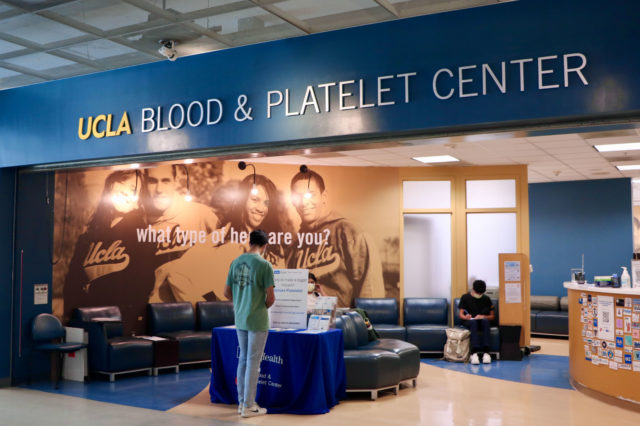

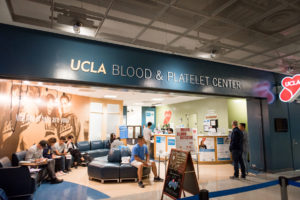
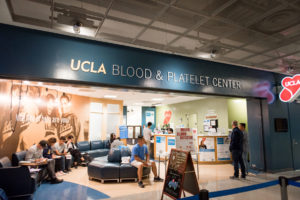
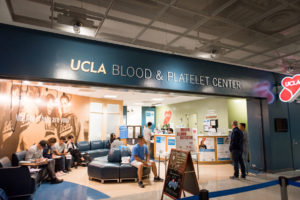
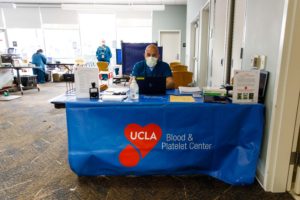
Comments are closed.